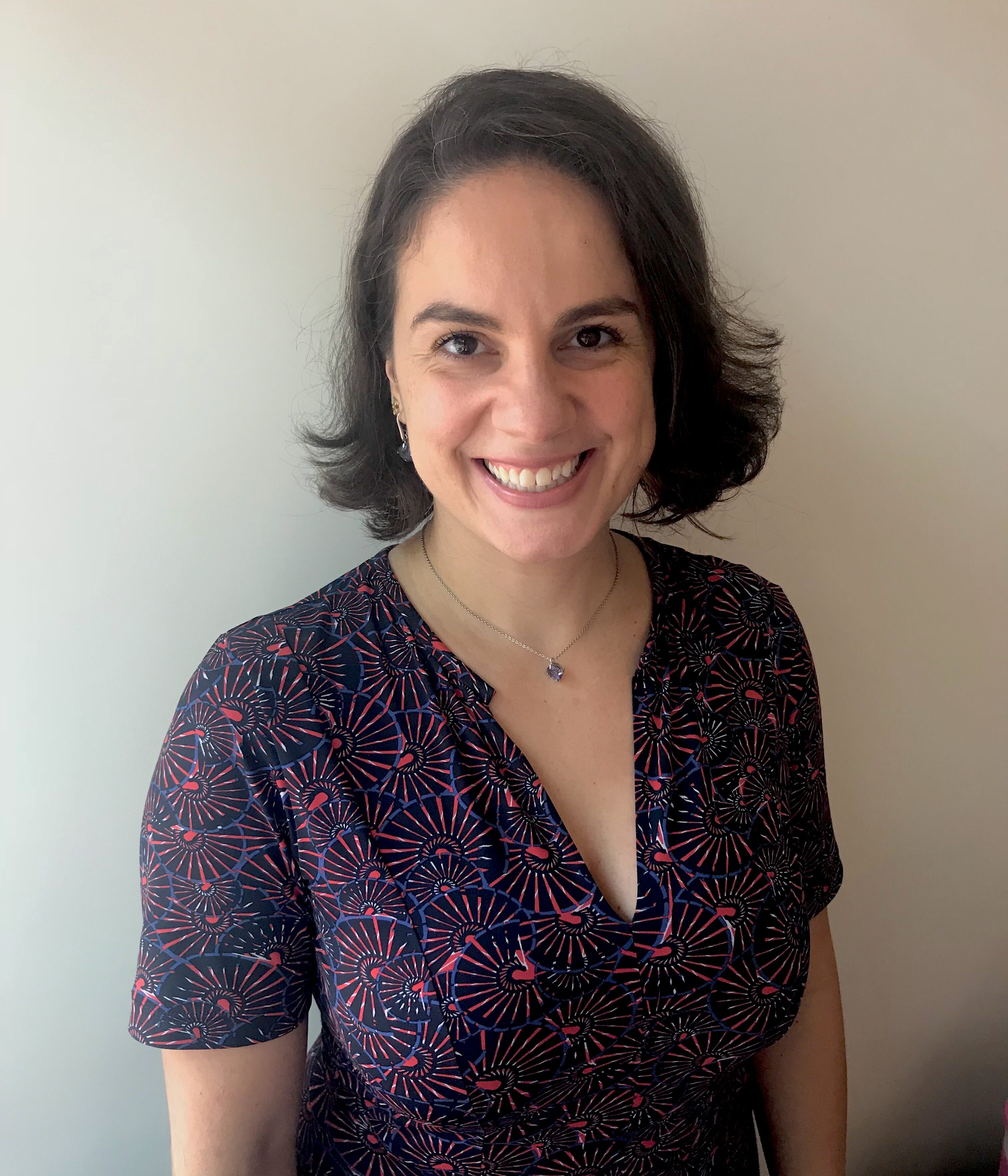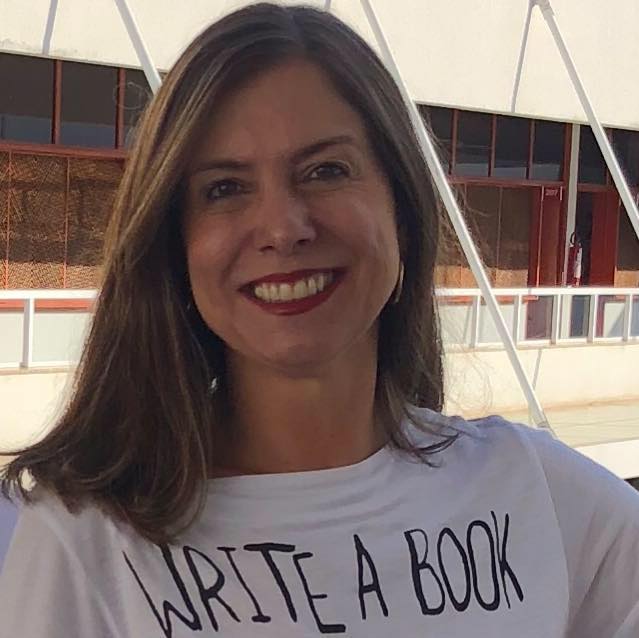Collaboration in the classroom: whose responsibility?
One of the current buzz words in education is collaboration. From kindergarten to doctorate learners, many teachers claim to develop collaboration with their groups. I have recently discussed the matter with a group of teachers working in different contexts (language institutes, primary school, undergraduate courses) and the understanding of the concept of collaboration seems blurred at times, especially when taken as a synonym to work together.
In our classrooms, many of us are used to asking learners to work in pairs, in groups, to compare answers, to solve a puzzle. However, the fact that they are sitting together and share one production per group in the end does not necessarily mean they worked collaboratively towards the outcome. According to the Cambridge English Dictionary, collaboration means ‘the situation of two or more people working together to create or achieve the same thing’. A simple definition that may allow readers to interpret ‘together’ as sitting close to each other and exchanging sentences, words. When discussing collaboration among teachers, Barfield (2016) adds the ideas of ‘deciding goals together with others, sharing responsibilities, and working together to achieve more than could be achieved by an individual on their own’. To help learners do that is the real challenge.
Therefore, collaboration in the language classroom demands a lot more from the teacher than pairing students up and hoping they understand what it is to collaborate. If as teachers it is hard to agree on a simple, yet comprehensive definition of the term, we should not leave it to learners to give their own interpretation to the collaborative group work. Helping learners collaborate involves tasks that will encourage them to listen actively to their peers and to take what they listen into consideration when making points. It also includes negotiation of the shared outcomes so that everyone in the group is able to talk about what the group has decided together. That may also mean the teacher needs to proposed varied activities and give feedback on how learners collaborated, as well as tips on what they can do to work more collaboratively with each other. The teacher who is focused on helping learners develop collaboration skills does not settle for pair work, is not satisfied with the final production. This teacher is very concerned about the process in which learners are producing their final work, about learners’ participation – whether they actively listen, ask questions for clarification, negotiate.
Renata Condi has recently written about the bilingual teacher in the 21st century here. I would like to propose we bring together her reflections, a previous post I published, Lenora Haranaka’s ideas about skills teachers currently need, and the concept of collaboration as seen above. The reflection may reveal the fact that it is high time we embraced accountability for the ways in which we propose tasks, the questions we ask and what we demand from leaners that may actually make the difference in their learning process. Otherwise, we risk becoming obsolete in the classroom, or possibly replaced by professionals who claim that to teach a language, all we need is to speak the language.
What do you think about collaboration in the language classroom and our role in helping learners develop non-linguistic skills?
References:
Barfield, A. ‘Collaboration’, ELT Journal, Volume 70, Issue 2, April 2016, Pages 222-224, https://doi.org/10.1093/elt/ccv074
Cambridge English Dictionary Online: https://dictionary.cambridge.org/




